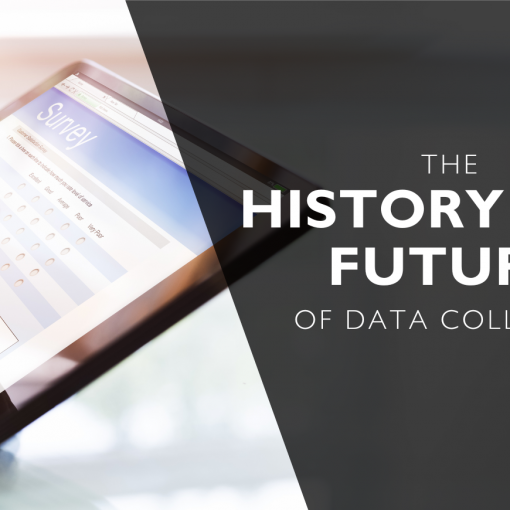Corporate and agency researchers certainly have their hands full when conducting their own research – from research design to running the project, all the way to presenting those actionable insights to the team. It’s a lot. And when it comes to quality data collection, it can be worthwhile to partner with somebody.
Especially in the world of survey fraud, it’s more important than ever to ensure that the data collected is accurate and useful.
Let’s explore how to make the partnership with the company collecting data on your behalf a success.
In this article, I discuss the following:
- What is quality data collection?
- The benefits of outsourcing quality data collection
- Communications with your data collection partner
- How it’s collected
- Delivery of the data
What is quality data collection?
At the most basic level, quality data collection is about gathering actionable feedback from the right research participants. That has become harder and harder over the years with professional survey takers, fraudsters, and even inattentive participants.
It takes expertise and focus on this specific task to ensure the data collected is up to the task to drive actionable insights.
Read next: How to Ensure Data Quality in Research
The benefits of outsourcing quality data collection
Research projects have many moving pieces, including determining the scope, timelines, research design, stakeholder management, and more. Outsourcing the data collection piece can ensure that all areas of the project are run as well as possible.
Other benefits include:
Time savings
Even with all these technology solutions available, good research still takes time, including data collection. Outsourcing data collection to a qualified partner allows your team to focus on all the other tasks – of which there are certainly plenty – to make the research worthwhile and usable.
Expertise
It’s impossible to be good at everything, and data collection partners that focus on gathering high-quality data for you allow your team to focus on their expertise in research design, gleaning insights, and storytelling.
Participant access
Data collection firms usually can access a wider range of respondents than individual companies have access to. For example, at Bullseye Research, we can target a large network of consumers across the globe and find the right ones for our clients.
Leveraging new data collection methods
Since data collection agencies specialize in data collection, they also stay on top of the latest methods and can make recommendations for processes that would work best for your project. You can draw on that knowledge when working with the right partner.
Communications with your data collection partner
Once the project starts, your data collection firm will work with you like a true partner. Ensure that they understand the following:
- goals of the project
- target audience
- and any other considerations that would help them do a good job
Also, when working with a data collection partner, consider a communication stream that makes sense for all, is effective, and allows teams to correspond in a timely manner. That could include:
- An instant messaging system like Teams or Slack
- Or even the good old-fashioned telephone
Being clear about the data
Communication is key here. Most of the time, clients come to us with clear definitions and expectations of who the consumers are that they are after. While we have a process to ensure we gather their expectations completely and accurately, it’s so important to have that open line of communication.
To make research a success, communicate:
- The goal of the research
- Who the target consumer is precisely
- What needs to be learned from them
- How the data should be delivered
- In what way will the data be used in presentations or reports
The level of some of these can depend on specific details of the project and even the preferences of all involved. But the key is that good communication leads to usable results.
Delivery of the data
At the end of the day, as a final step to set up the research team for success, as you are working with your data team, consider discussing these questions:
- What options are available for data delivery?
- How does the timeline look?
- What format does the data come in, and how do we receive it in a usable way?
At the end of the day, data collection in online research is also a specialty and skill – just like all the other pieces. It’s important to ace this step just like others to ensure the research can drive business results.
More questions about data collection in research? Ask our experts now!




